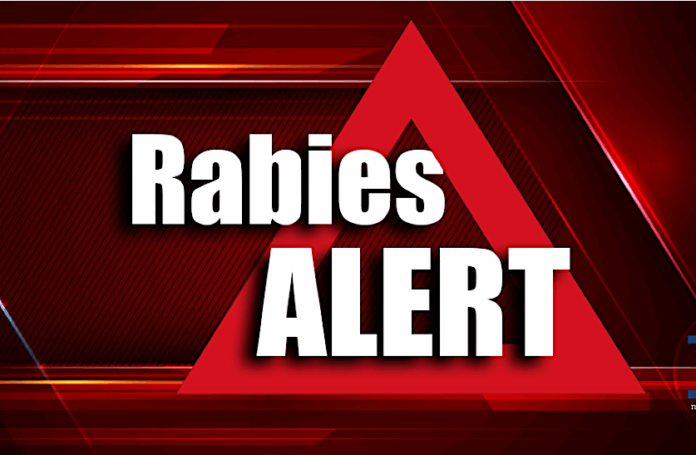
CLARKESVILLE, Ga. — Habersham County Animal Care and Control (HCACC) has confirmed its fourth rabies case of the year after a stray cat that bit a Cornelia resident tested positive for the virus.
Officials say an animal control officer responded to a bite report on Thursday, October 23, from Sunshine Circle in Cornelia. The cat showed clear signs of rabies when it was caught and was humanely euthanized, according to a county spokesperson. The animal’s remains were sent to the CDC State Laboratory through Habersham Environmental Health, which confirmed the positive test on Tuesday afternoon.
“This is a reminder to check that your pet’s vaccinations are current. Dogs and cats who receive an initial rabies vaccination are not considered immunized until 28 days after the vaccine has been administered; therefore, it is strongly recommended that any animal newly vaccinated or those too young to receive the vaccine (less than three months) not be left outdoors unattended.” Says Madi Nix, HCACC Director.
“We cannot stress enough that free feeding feral cats is detrimental to the animals and the community. Unmanaged colonies spread disease among our furry friends and also put our human population at risk.”
How to protect yourself and your pets
HCACC offers the following safety reminders for residents:
- Keep pets vaccinated and up to date on all shots.
- Avoid wild animals or animals you don’t know.
- Don’t allow pets to roam freely, where they could encounter rabid wildlife.
- Never feed or handle wild animals, especially bats, raccoons, skunks, and foxes.
- Seek medical care immediately if you’re bitten or come in contact with animal saliva.
- Contact your vet if your pet has contact with a wild animal.
- Avoid feeding unmanaged cat colonies. If you care for outdoor cats, ensure they are part of a trap-neuter-return (TNR) program and are vaccinated for rabies.
You can learn more about HCACC programs and services at habershamga.com/animal-control.cfm. For more information about rabies, visit the Centers for Disease Control and Prevention (CDC) at cdc.gov/rabies.






